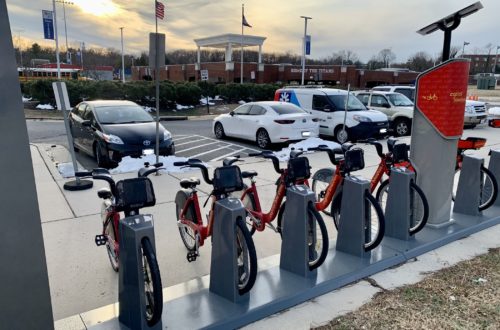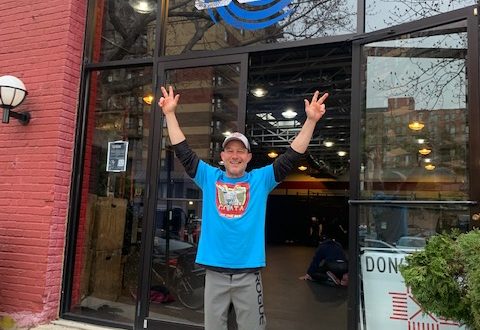Emily Milton
Staff Writer
African Americans in the United States have only been allowed to vote for 152 years, while the U.S. has been a country for 246. That is about a hundred years that Black people in the U.S. went without voting, and even when the 15th Amendment was passed, there were many ways they were still kept from voting as equal citizens. States began creating poll taxes, where people had to pay to vote, since the time of Jim Crow Laws. Mississippi had even made a “plan” (The Mississippi Plan) to create barriers like property ownership, and literacy tests to ensure their white leaders would be elected.
These barriers continued to be used in states into the 1900s, and eventually the original Voting Rights Act of 1965 was signed by former President Lyndon Johnson on August 6th, 1965. This encouraged states to reinforce the 15th amendment which states that African American males have the right to vote without a barrier. The Federal Government was now allowed to interfere in places where there may be voter disenfranchisement and was supposed to put an end to any voter suppression tactics used. The reason this seemingly progressive bill fell through was due to The Supreme Court ruling in Shelby v. Holder (June 2013) that the process of pre-approval for any voting law changes in states with a history of voter discrimination, was unconstitutional. This was a key part of the Voting Rights Act, and with this ruling, it weakened the power the Federal government had in enforcing this bill.
After 8 years of stepping backward in voting representation, there has been a new bill introduced, The John R. Lewis Voting Rights Advancement Act of 2021. The bill is named after recently deceased civil rights activist, John Lewis, and dedicated to all of his hard work in advocating for equal voting rights, most notably in his march from Selma to Montgomery, Alabama in 1865. He and other civil rights leaders marched peacefully demonstrating their desire for equitable voting opportunities, which was influential in the original Voting Rights Act.
The John Lewis Voting Rights Act will have similar elements to the Voting Rights Act of 1865, wherein states with a history of voter disenfranchisement, the government will have authority to step in when necessary, the process of determining which states/areas these are will be reevaluated, and transparency with voting law changes before an election is to occur. Lillian Patterson, Alexandria Living Legend and associate of the Black History Museum, states this bill is so vital because, “It’s [introduction of the John Lewis Voting Rights Act] the fundamental right of everyone in the country and shouldn’t be curtailed just bc someone doesn’t like the way you vote.”
According to Congress.gov, the bill has currently been approved by the House of Representatives and was received by the Senate to deliberate on September 14, 2021. As Patterson states, no matter how long it takes, “People will find a way to ensure everyone who wants to vote, can vote.”




